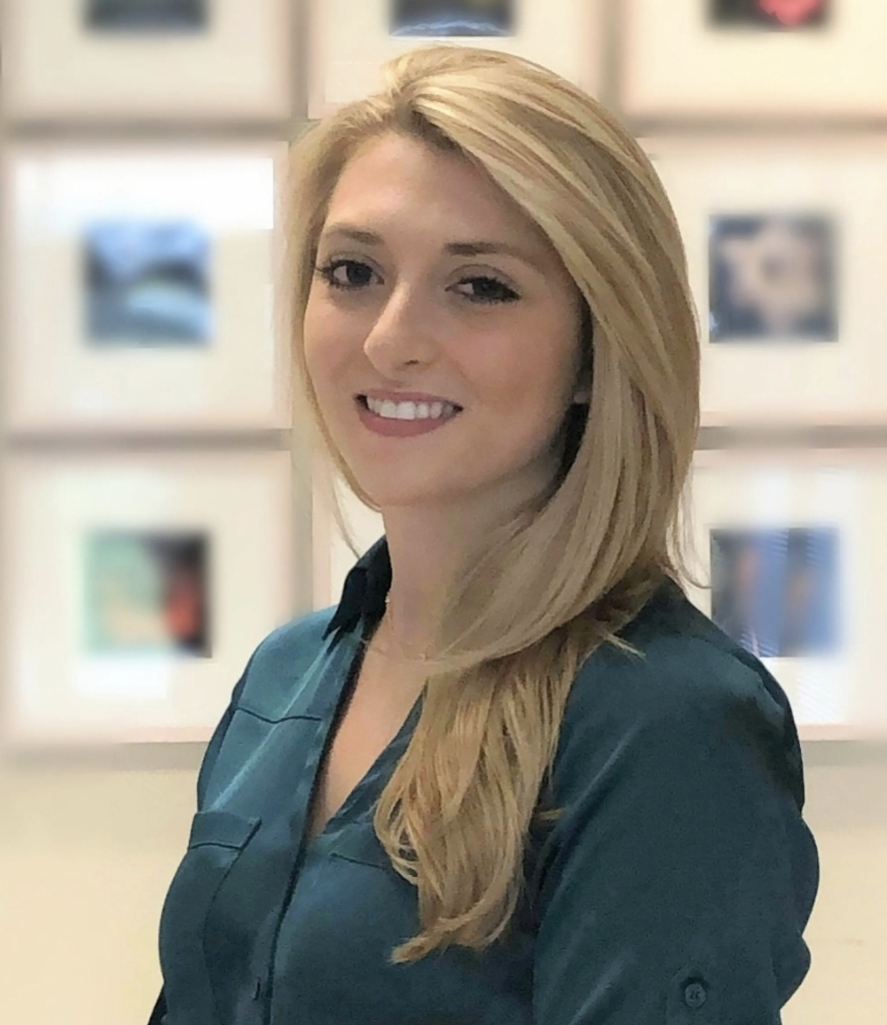Courtney McMahon

Courtney McMahon is a Ph.D. Candidate in Cell and Mollecular Biology in the College of Sciences
Last spring, when new symptoms began showing up from the viral pandemic that was gripping the world, Courtney McMahon, a third-year Ph.D. student in cell and molecular biology, quickly focused her attention on SARS-COV-2, the specific virus responsible for the COVID-19 disease.
“It was in May, I think, when there was another wave of symptoms that emerged with the pandemic, and we saw that up to one-third of patients with COVID were presenting with neurological disorders,” Courtney recalled. “That made us wonder what the implications were going to be on both the adult brain and, in particular, the fetal brain.”
Under the mentorship of Dr. Jenny Hsieh, head of UT San Antonio’s Brain Health Consortium, the doctoral student was already focused on studying viral infections in the brain during pregnancy and was “actually very interested in how the influenza virus, the seasonal virus, affects the fetal brain during development.”
Reflecting on some past research, Courtney recalled that “after the Spanish flu, there was a huge surge in psychoses cases in the offspring of people who were infected during pregnancy. So, I thought, hmm, I wonder what this means for COVID babies.”
Working in Dr. Hsieh’s neural stem cell lab, Courtney is utilizing brain organoids, miniaturized versions of the organ produced in vitro, in her research. “The beauty of these organoids is that they allow us to study a 3D miniature model of the actual human brain, so we can study human-specific affects on the cells,” she explained.
“There is so much more to do,” she says of her work on COVID-19, “but right now we believe that if the virus is able to get through to the fetus, it may be able to infect the fetal brain at various high points during the development of the brain. So, we think this could potentially lead to different neuropsychiatric disorders later in life.”
While her findings thus far will be published soon in a major scientific journal, Stem Cell Reports, she is also focusing her dissertation on modeling pre-natal COVID-19 exposure in the brain using cortical organoids.
“I intend to graduate next summer,” said Courtney, “and I’m hoping to continue some of my research in this field with Dr. Hsieh to do more in vitro models, replicate what we’ve seen in the organoids using humanized mice so that we can actually look further into behavioral studies and determine what kind of disorders we might expect from babies born from COVID-positive mothers.”
As she looks to the future, this native New Yorker and U.S. Army Reserve captain is also reflecting on the help from generous organizations, such as the Baptist Health Foundation of San Antonio, that have provided her scholarship and fellowship support along the way.
“I would like to thank them for their support and for realizing how important research in brain health is,” Courtney said. “And I love that they are giving to rising researchers. … We are always going to need more scientists, so anybody who is helping to encourage early career scientists is very important.”
UT San Antonio Giving Day is an opportunity to support programs that make a difference for students like Courtney. To learn more, visit givingday.UT San Antonio.edu.
